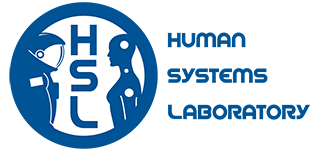| Title | Effects of scopolamine and dextroamphetamine on human performance |
| Publication Type | Journal Article |
| Year of Publication | 1988 |
| Authors | Schmedtje, J. F., J.., C. M. Oman, R. Letz, and E. L. Baker |
| Journal | Aviat Space Environ Med |
| Volume | 59 |
| Pagination | 407-10 |
| Date Published | May |
| MVL Report Number | 88.05 |
| Keywords | Attention, Cognition/*drug effects, Dextroamphetamine/*adverse effects/therapeutic use, Drug Therapy, Combination, Human, Memory, Motion Sickness/drug therapy, Pattern Recognition, Psychomotor Performance/*drug effects, Scopolamine/*adverse effects/therapeutic use, Support, U.S. Gov't, Non-P.H.S., Wechsler Scales |
| Abstract | The effects of two drugs used to prevent symptoms of motion sickness in the operational environment were examined in this study of human performance as measured by computer-based tests of cognitive and psychomotor skills. Each subject was exposed repetitively to five tests: Symbol-Digit Substitution, Simple Reaction Time, Pattern Recognition, Digit Span Memory, and Pattern Memory. Although there have been previous reports of decreases in human performance in similar testing with higher dosages of scopolamine or dextroamphetamine, no significant decrements were observed with the operational-level combined dose used in this study (0.4 mg oral scopolamine and 5.0 mg oral dextroamphetamine.) The controversy over the use of combination drug therapy in this environment is discussed along with the indications for further research based on the findings. |
